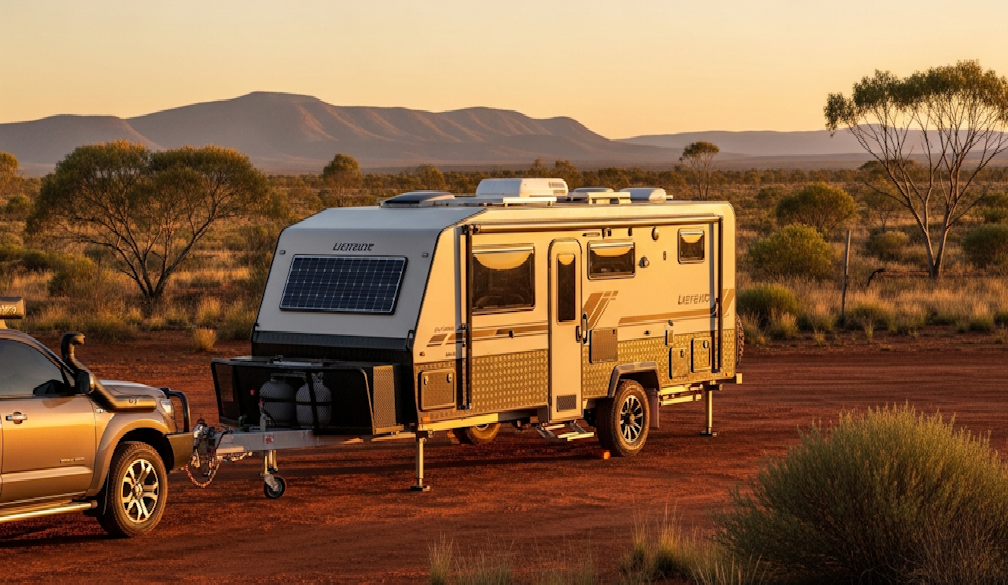The Pros and Cons of Buying vs. Leasing Commercial Real Estate

When it comes to securing the right premises for your business, one of the biggest decisions you’ll face is whether to buy or lease commercial real estate. Both options come with their own advantages and drawbacks, and the choice often depends on your financial position, long-term goals, and the nature of your business operations. For those looking to expand or even sell commercial real estate in Sydney, understanding the market dynamics and weighing up these options is crucial before making a move.
The Advantages of Buying Commercial Real Estate
1. Building Equity
One of the most compelling reasons to buy is that your payments go towards building equity in a tangible asset. Over time, this equity can strengthen your business’s financial standing and provide collateral for future financing.
2. Long-Term Stability
Owning a property shields you from unpredictable rent increases and gives you control over the space. For businesses with long-term plans, ownership offers stability and predictability in overhead costs.
3. Potential for Capital Growth
If your property is in a desirable location, you may benefit from capital appreciation over time. The property could increase in value, adding to your overall wealth and creating opportunities for future sales or investment leverage.
4. Income Potential
If the property is larger than you need, you can lease out excess space to other businesses, creating an additional income stream.
The Disadvantages of Buying
1. High Upfront Costs
Purchasing commercial property requires significant capital. A large deposit, stamp duty, legal fees, and ongoing maintenance costs can put pressure on your cash flow, which could otherwise be invested back into your business.
2. Reduced Flexibility
Owning ties you to one location. If your business needs change — such as requiring more space, less space, or a shift to another area — selling or leasing out the property can be a lengthy process.
3. Responsibility for Maintenance
As the owner, you bear the responsibility for all repairs, upgrades, and compliance with building regulations. These costs can be unpredictable and sometimes substantial.
The Advantages of Leasing Commercial Real Estate
1. Lower Initial Outlay
Leasing generally requires less upfront capital, freeing up cash for business operations, marketing, or staff growth. This can be particularly attractive for start-ups or businesses wanting to scale quickly.
2. Flexibility to Relocate
Leasing provides the flexibility to move when your lease ends. This is ideal if your business is in a growth phase or if you need to adapt to changes in customer demand or workforce requirements.
3. Less Responsibility for Maintenance
Depending on the lease agreement, the landlord often takes care of major structural repairs and compliance obligations. This reduces the burden on your business and allows you to focus on operations.
4. Tax Deductibility
Lease payments are typically fully tax-deductible as a business expense, offering immediate financial benefits.
The Disadvantages of Leasing
1. No Equity or Capital Growth
Monthly lease payments contribute to the landlord’s equity, not yours. Over the long term, this can feel like “money down the drain,” especially if the property value appreciates significantly.
2. Rent Increases
Leases often include annual rent reviews, which can drive up your costs. In competitive markets, this can result in higher-than-expected expenses.
3. Limited Control
As a tenant, your ability to make changes to the property may be restricted by your landlord. Fit-outs, signage, or other modifications often require approval, and some requests may be denied.
Which Option is Right for Your Business?
Ultimately, the choice between buying and leasing comes down to your business’s goals and financial capacity.
- Buying is generally best for established businesses with strong financial resources, long-term stability, and a desire to build wealth through property ownership. Accessing financing options such as personal loans Australia can also help some business owners bridge the gap when planning for a purchase.
- Leasing suits businesses that need flexibility, want to preserve cash flow, or operate in industries where location requirements may change rapidly.
For many, a hybrid approach can also work — leasing in the short term while planning for an eventual purchase.













